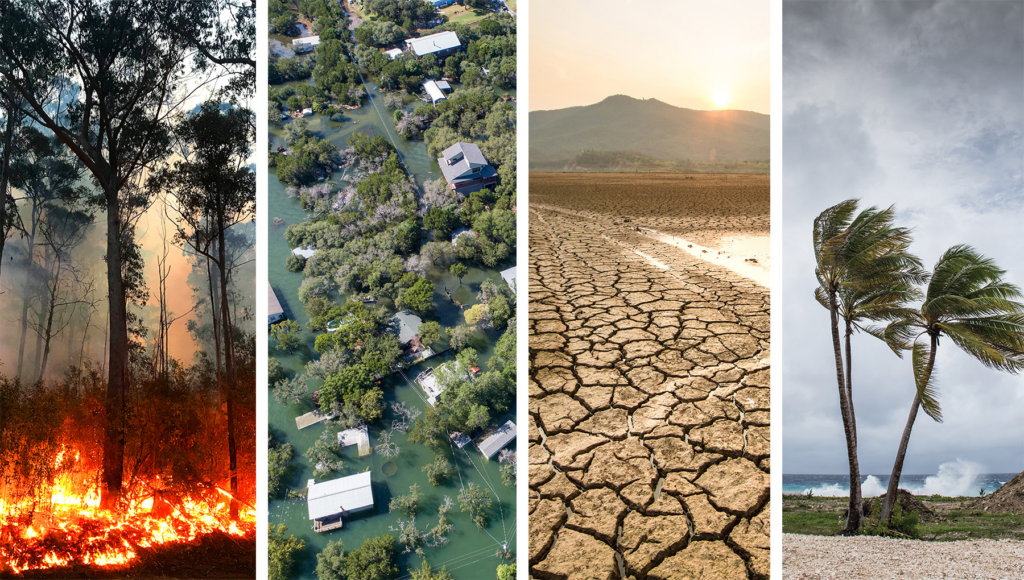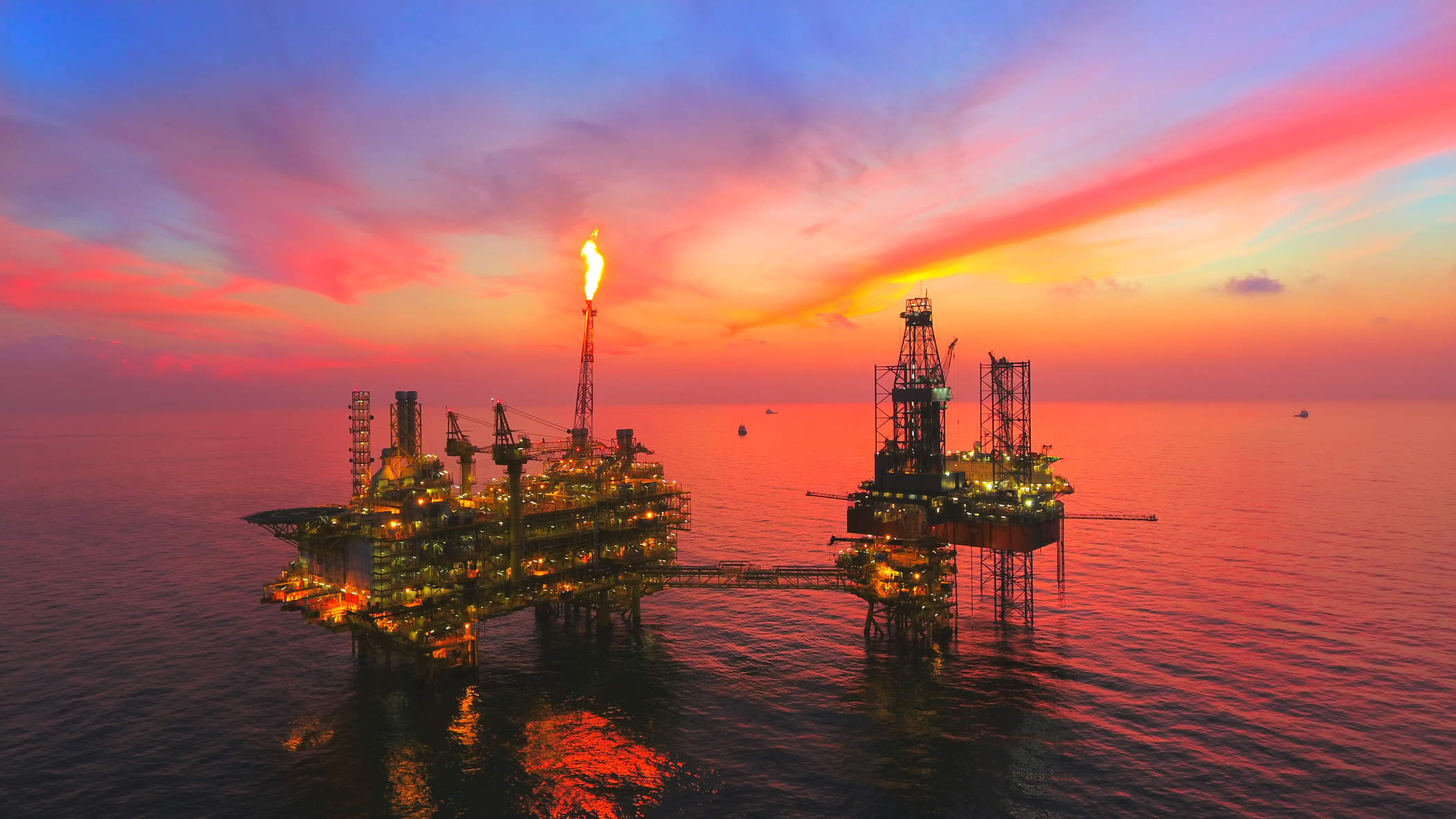Climate doom – Will S
At the moment, we all seem to be getting very het up about the environment and our apparent impending doom. We’re burning too many fossil fuels and this is releasing lots of greenhouse gases (GHGs), which, as the name suggests, cause the earth to heat up. This in turn amplifies the number of disasters we experience because with more energy in the atmosphere, more extreme weather events will (in theory) occur. So we need to stop now, or we’re all going to drown in the sea and lots of people are going to die in hurricanes, or at least this is what Mrs Izod-Miller says in geo. But are they, is this actually going to happen, and can we really do anything about it?

Well the truth of course is yes, we can change our behaviour to reduce our fossil fuel usage by buying electric cars, only eating vegetables and never going on a plane again. Sadly though, you doing these things is going to have a microscopic effect on climate change, and probably won’t be very fun. Now you’re probably thinking true, but if everyone does these things we can fight it together! Sadly, this is not the case. More than 60% of emissions come from industry, fossil fuel production, agriculture, manufacturing and forestry, and to be honest there is very little we can do to change these things. Instead, they are exclusively controlled by governments and corporations. This means that even if we all became carbon neutral in our behaviour, global emissions wouldn’t decrease by more than at best 50%, and doing that would be virtually impossible. So what I’m saying is really we need these sectors to sort out their emissions because they can essentially control ours; if all cars are electric, we don’t have the option to emit GHGs with our cars.

This probably seems quite depressing, and in some ways it is. Despite living in a democratic country, because climate change is such a global issue there is very little we can do to force change, and perhaps it wouldn’t be fair to. Britain enjoyed immense economic success supported by its industrial revolution, and what’s happened is every other country has tried to industrialise in the same way. It wouldn’t be fair to say to a developing nation you can’t develop in this way because of global warming, as they should be able to better themselves and their societies like we did. This means that developed countries that emit lots of CO2 which have immense global influence, like the US, need to take a leading role, and they aren’t because currently it is more expensive to be green than just burn fossil fuels, and in an ultra-capitalistic country like the US, cash is king. Furthermore, green energy companies often can’t afford to lobby politicians or offer them large sums of money for their political campaigns, unlike big oil (which spent over $85 million lobbying in 2020) meaning many politicians are not keen on massively supporting green energy, or taxing GHG emitting industries.
I was prompted to write this article having seen that the Willow Project, a massive oil operation in Alaska, is going ahead. This is not a good thing for the environment because of both the effect on climate 600 million barrels of oil will have, and the disruption to habitat 199 oil wells will cause. This highlights the major problem we face with climate change – there is absolutely nothing we can do to stop it, because despite the fact the climate change this drilling causes might affect us, we cannot control oil drilling in the US. To be fair to the US, it probably isn’t particularly incentivised to stop drilling for oil because oil is largely what has made it the most powerful country in the world and even in the last few decades where US technology has led the country’s growth, oil companies have remained some of the largest corporations in the world. Is it fair to take away the millions of jobs supported by fossil fuels and the hundreds of billions, if not multiple trillions created by the oil industry? Probably not, and all of this means that oil is here to stay because if its use were stopped, America could lose its economic dominance and essential rule of the world.

So if I can do very little about climate change and the organisation that can won’t, are we all doomed? No. Definitely not. Every existential threat like this humans have faced throughout history, has been overcome and solved through science and the resilience of humans as a species. We will beat climate change, and that will happen through scientific breakthroughs which will allow all sectors and people to change their behaviours and emissions, whilst maintaining economic growth. If you really want to help save the planet, you’ll probably be best off investing money in sustainability funds (often referred to as ESG – environmental, social, governance) which in part focus on identifying technologies which could combat global warming. In Europe, ESG now makes up 20% of assets – $2.5 trillion, and a large part of this is being invested into research to create new green technologies, or carbon capture methods. Eventually, likely through a combination of technologies, it will become cheaper and easier to use only renewable energies, and that will be the death of mass consumption of fossil fuels, because once they are not cheaper than renewables, there is no benefit to their use. The best example of this are electric cars, which will come down in price as they become more popular and, as their technology develops due to their mass investment, will be able to beat combustion engined cars in most quantifiable ways.

So the truth is, we shouldn’t worry. We are already seeing some negative effects of climate change but as these increase and as more money is spent on sustainability, we inevitably will be able to beat climate change and stop it from ending the human race, as many people like Greta Thunberg might suggest. So for now at least, make little changes in your own life but don’t go extreme with climate change, because ultimately it won’t achieve very much, and we’ll probably be fine.















Post Comment
You must be logged in to post a comment.